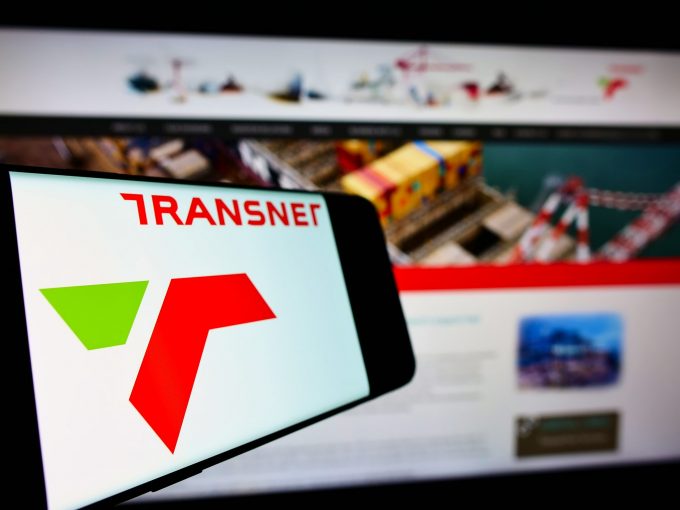Analysis: On the wrong track – Transnet's rail freight reform
Transnet’s rail reform proposal is on the right track, but in its current form it ...

Yesterday, South African minister Kumbudzo Ntshavheni addressed a roadmap to end the logistics crisis in South Africa that has seen containerships stuck at anchorage for weeks.
The South African government is being held accountable for a failure to invest in port and rail operator Transnet.
This has led to extensive shipping delays that are now at “crisis level”, according to Paul Hardman, chief operations officer of the Citrus Growers’ Association, which, he says, relies on smooth cargo movements to ship perishables.
“While the government has injudiciously bailed-out state-owned enterprises in the past, Transnet is the backbone of our country’s export economy and deserves immediate attention,” he said.
A 28 November report by the South African Association of Freight Forwarders (SAAFF) shows the average time for vessels at anchorage at Port Elizabeth’s Ngqura Container Terminal was 336 hours, and 259 hours at Durban Container Terminal 2.
Jacob van Rensburg, head of research and development at SAAFF, said: “We will probably be congested until around end-January. The ports are clearing the backlog at a rate of a few thousand per day; however, this is not yet enough to make a proper dent in the overall situation.”
Business Unity of South Africa (BUSA)’s 24 November cargo movement update reported: “Statistics recorded on Wednesday indicated that Gqeberha and Ngqura ports at the Port of Cape Town had more than 46,000 teu stuck at outer anchorage. Equipment woes in Durban are exacerbating the current backlogs at the port, with around 61,968 teu at anchorage.”
However, Ms Ntshavheni claimed the agenda of a presidency meeting on Wednesday was to “deal with the national logistics plan”. She said: “We’ve discussed the impact of the logistics crisis.
“Transnet is going to announce its implementation plan and we are going to consider and release the national logistics roadmap as a policy guide to the working and the recovery of the logistics sector.”
However, the outlook is pessimistic, as general consensus appears that government intervention could be too little too late.
South Africa’s Road Freight Association said “failing and lethargic state-owned entities” were “throttling the economy” and called for the private sector to be given “far more control”.
It said: “Why wasn’t that done many years ago? A long road lies ahead of South Africa in terms of bringing ports and rail infrastructure back to a position of efficiency. We need the private sector to drive and control the nursing back to life of our vital supply chain infrastructure and nodal points.”
A source close to the workings of Transnet told The Loadstar: “There are only a small handful of reasonable people [at Transnet] but the vast majority are incompetent, so it will never improve unfortunately.”
Hume, one of the country’s largest importers of frozen food-based commodities, said: “The heart of the problem is Transnet. It’s been years of not investing in critical infrastructure and now they have to do all the things they didn’t do for the last decade or so, and it’s not going to happen overnight.
“We have heard forecasts that it could take up to three months to clear vessels that are currently anchored at the port of Durban. This spells bad news for consumers during the upcoming festive period… [who], unfortunately, should brace for a rocky few months ahead.”
However, Ms Ntshavheni said: “Transnet is making intense efforts to mobilise equipment, such as cranes, from all over the world to ensure a successful execution of its implementation plan. The progress made by Transnet in clearing most of the backlog at Cape Town container terminal, with only one vessel at anchorage, is encouraging.”
Comment on this article
Theodor Strauss
December 01, 2023 at 2:58 pmGqeberha = Port Elizabeth for those who did not know that the town/port changed name in 2021. I prefer PE.